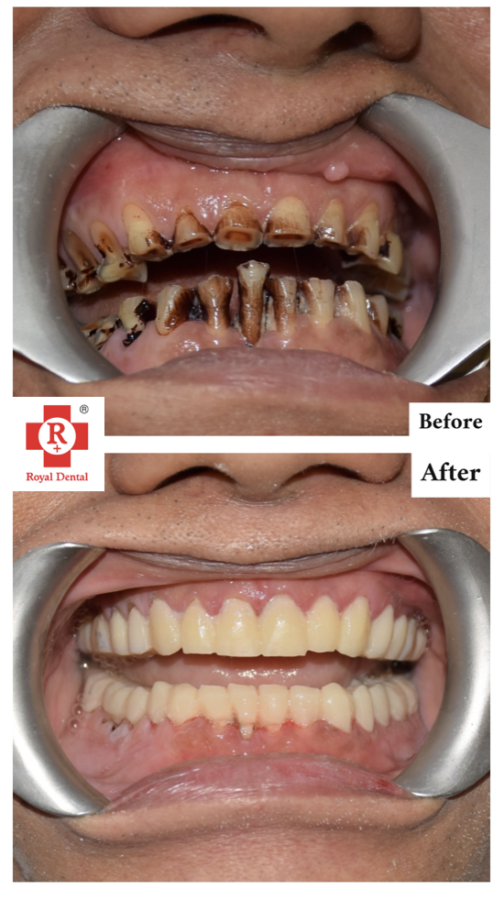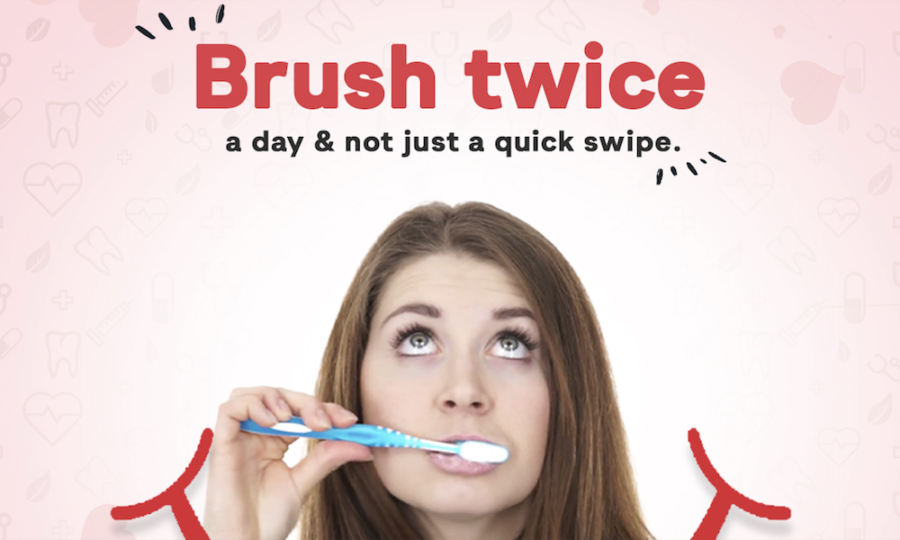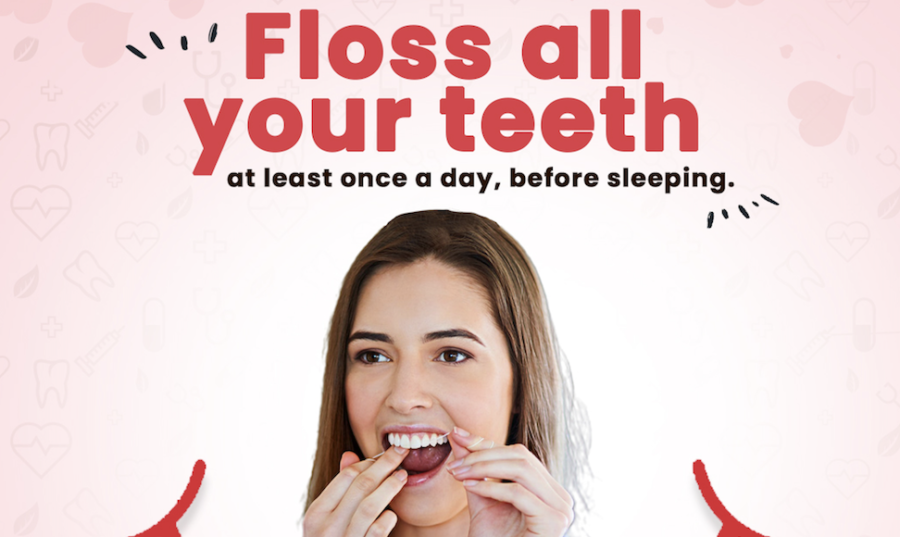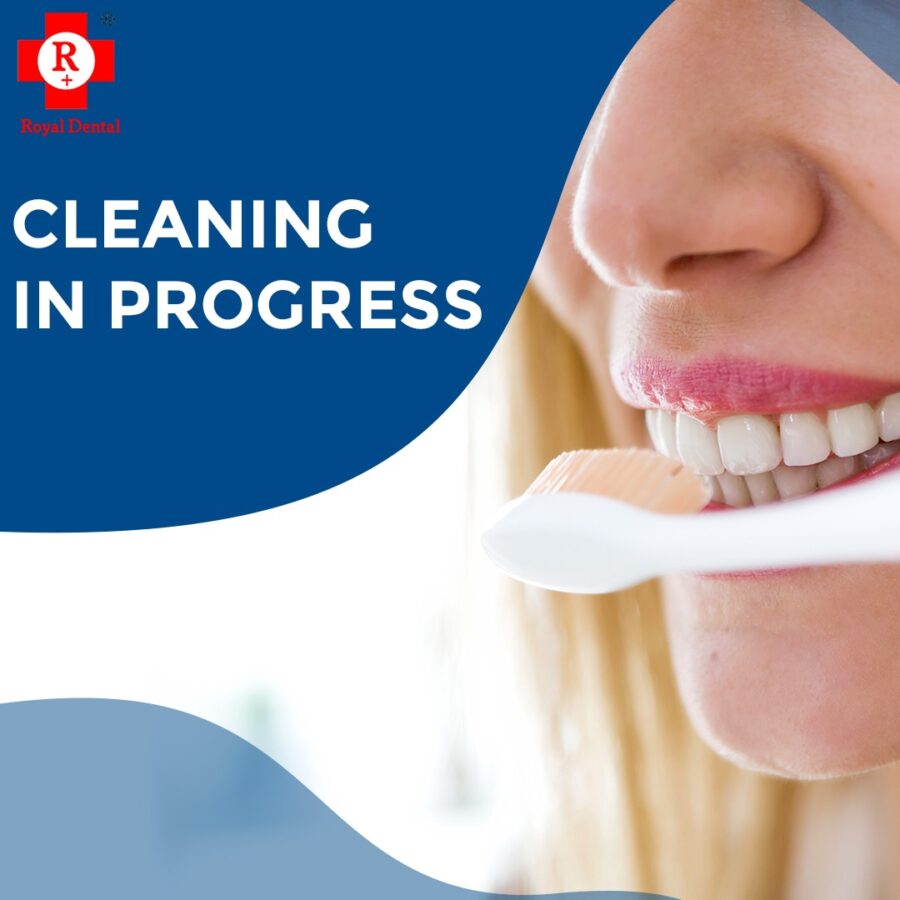A dazzling smile is often considered a key element of one’s overall appearance and confidence. However, the presence of black stains on teeth can be a source of embarrassment and self-consciousness for many individuals. These stains can be caused by various factors such as certain foods, drinks, smoking, or poor oral hygiene. Fortunately, there are effective ways to address and remove black stains from teeth, restoring a bright and radiant smile. In this article, we will explore some practical tips and strategies to help you regain that pearly white shine.
Different Types of Black Stains on Teeth
Black stains on teeth can be caused by various factors, and the type of stain can offer clues about its origin. Here’s a breakdown of some common types of black tooth stains:
External Stains: These stains affect the tooth’s surface enamel.
- Beverages and Food: Coffee, tea, red wine, dark berries, and soy sauce can leave dark pigments on the enamel over time. These are usually superficial and it is easier to remove black stains from teeth naturally.
- Tobacco Use: Smoking and chewing tobacco leave behind tar and nicotine, leading to stubborn black stains.
Internal Stains: These stains originate deeper within the tooth, affecting the dentin layer.
- Tooth Decay and Cavities: When decay progresses, it can reach the dentin, which is naturally yellow. However, with advanced decay, it can appear brown or black. Early intervention is crucial to prevent further damage.
- Trauma: A chipped or cracked tooth can expose the dentin, appearing black.
- Certain Medications: Tetracycline antibiotics taken during childhood tooth development can cause discoloration, including black stains.
Other Factors:
- Dental Amalgam Fillings: Over time, these silver fillings can tarnish and appear dark at the gum line.
- Gum Disease: Advanced gum disease can cause gum recession, exposing the darker dentin layer at the tooth root.
Role of Diet in Black Stain Formation
The proverb “you are what you eat” relates to your dental health. Berries, soy sauce, and balsamic vinegar are examples of foods high in pigments that can cause black stains. To manage and prevent these exterior stains, it is essential to understand the impact of your food.
Tip: You can lessen the damage that meals high in pigment do to your teeth by combining a colorful diet with good oral care habits.

Dental Health Conditions
The appearance of black stains may be attributed to underlying tooth health problems. Teeth are more prone to discoloration when they have conditions like enamel hypoplasia and dentinogenesis imperfecta that impair tooth development. Resolving these issues is necessary to remove black stains effectively.
Tip: By detecting and treating tooth health issues early on, routine dental checkups can help stop the development of dark stains.
Medications and Black Stain Development
During tooth development, some drugs, most notably antibiotics containing tetracycline, can produce intrinsic coloring. These medications may leave behind gray or black stains in youngsters that may not go away. It is essential to be aware of the side effects of medications in order to comprehend and control the internal causes that lead to black stains. by
Tip: If you have black stains on your teeth from medication, talk to your dentist and healthcare provider about other options for treatments or prescriptions.
Preventing Black Stains on Teeth
Beyond only cleaning stains, maintaining a brilliant smile also entails taking preventative steps to stave off those dark stains. Let’s discuss important dental hygiene practices and dietary changes to keep your teeth bright and stain-free.
Brushing Techniques for Stain Removal
Effective brushing methods are essential for maintaining good dental health. Effective brushing is crucial for preventing black stains on your teeth. Brush all surfaces of your teeth in a circular motion with a soft-bristled toothbrush and fluoride toothpaste. Teeth sections that are prone to discoloration, such as the sides and back molars, require extra care. To help fight surface stains, think about adding whitening toothpaste to your routine.

Importance of Regular Flossing
Although it is frequently disregarded, flossing is essential for avoiding black stains. Dental floss fills in the spaces between your teeth where your toothbrush might not be able to properly remove plaque and food particles. Keeping up a regular flossing schedule lowers the likelihood of plaque accumulation, which is a major cause of stain formation. To guarantee that the interdental areas are thoroughly cleaned, make flossing a daily practice, preferably right before bed.

Foods to Avoid for Stain-Free Teeth
Certain foods are known to generate stains; thus, avoiding or ingesting fewer of them can help greatly prevent black spots. Strongly colored foods and beverages, such as red wine, tea, and curry, are also common offenders. Reducing the amount of these stain-causing materials you consume will help you keep your smile looking its best. If you drink anything black, put a straw in your mouth to keep the liquid from hitting your teeth too much.
Teeth-Friendly Alternatives
You may minimize the risk of black stains while satisfying your appetites by choosing alternatives that are healthy for your teeth. Select clear sodas over their dark equivalents, choose white or green tea instead of black, and munch on crunchy foods like apples and celery, which naturally brush your teeth as you chew. Chewing sugar-free gum after a meal helps to remove any stains and food particles by increasing saliva production.
How To Remove Black Stains From Teeth Naturally At Home
Take a tour through the world of at-home cures, where natural solutions play a major role in achieving a brighter, stain-free smile. Uncover the secrets of activated charcoal, a well-liked yet contentious ally in the fight against black stains, and learn how successful oil-pulling techniques are.
Types of Oils for Effective Stain Removal
Oil pulling is a practice that originated in ancient Ayurvedic medicine and involves swishing oil about your mouth to promote dental hygiene and remove pollutants. Dr. Chirag Chamria advises using oils that have a track record of successfully removing stains.
Sesame oil, which is high in antioxidants, and coconut oil, which is widely known for its antibacterial qualities, are popular options. These oils promote general oral health in addition to helping to remove black stains. Select organic, cold-pressed oils for your oil-pulling regimen to get maximum efficacy.
Incorporating Oil Pulling into Your Daily Routine
Integrating oil pulling into your daily regimen is a straightforward but efficient way to avoid black stains. Dr. Chamria recommends swirling a tablespoon of your preferred oil around in your mouth for 15 to 20 minutes before spilling it out.
This treatment promotes a healthier, brighter smile while assisting in the removal of toxins, bacteria, and other staining agents. Start your day with a clean, stain-resistant grin by including oil pulling into your morning regimen.
Dr. Chirag Chamria’s Insights
Professional Cleanings
Getting regular professional cleanings is essential to keeping your teeth as healthy as possible. Dr. Chirag Chamria highlights the need for regular cleanings to prevent and treat black stains. To get rid of tenacious plaque and tartar accumulation that normal brushing and flossing could overlook, dental experts employ specialized instruments. This keeps black stains from getting worse, in addition to making your smile look better. Make an appointment for biannual expert cleanings to guarantee your teeth get the deep cleaning they require.
Teeth Whitening
Black stains on teeth can be effectively and safely removed with professional teeth whitening, according to Dr. Chamria. Professional whitening treatments are tailored to meet your specific needs, unlike over-the-counter solutions, guaranteeing optimal results.

In order to remove black stains and show a brighter, whiter smile, a professional-grade whitening chemical is applied. This process is frequently hastened using laser or light technology. To find the best whitening technique depending on your tastes and dental history, speak with Dr. Chamria.
Bonding and Veneers
Dr. Chirag Chamria suggests bonding and veneers as transformative treatments for intrinsic or persistent stains that don’t react well to traditional whitening methods. Veneers are thin, custom-made shells that cover flaws; bonding is applying a tooth-colored resin to cover stains.


These solutions can remove stubborn black stains in a long-lasting and attractive way, giving you the courage to grin again. Talk to Dr. Chamria about your concerns and desired results to find out if veneers or bonding are the best options for your particular situation.
Conclusion
Key lessons learned in our fight against black stains include practicing proactive dental hygiene, which includes careful eating habits and efficient brushing and flossing. The views of Dr. Chirag Chamria shed light on expert treatments; she recommends frequent cleanings and investigates cutting-edge techniques. With caution, at-home therapies such as oil pulling and activated charcoal offer natural options. Recall that prevention is key; your allies are frequent examinations, tailored counsel, and prompt responses. Dr. Chamria adds, “Your smile is a masterpiece; nurture it with care.” A stain-free, self-assured grin is waiting for individuals who prioritize prevention and intervention with a holistic approach.
© All rights reserved by Royal Dental Implants Pvt Ltd Issued in public interest





